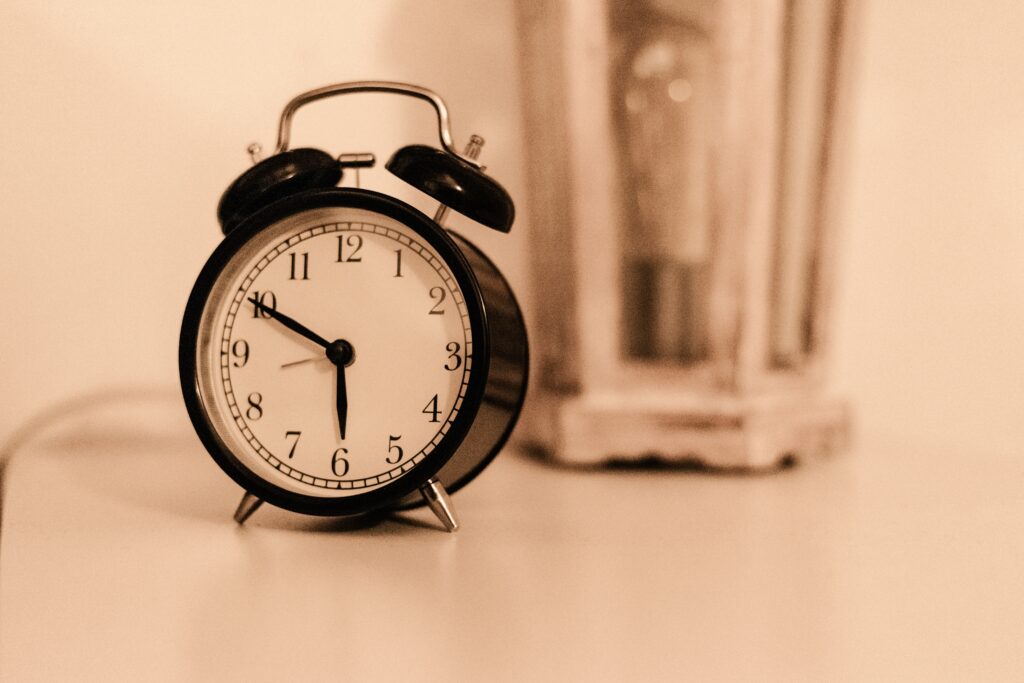
College student athletes notice the importance of sleep
Grace Yoder, Contributing Writer
Getting the proper amount of sleep may lead to better athletic performance than heavy training.
Sleep is an essential behavior that plays a key role in overall physical and cognitive health. For college student athletes, it also plays a key role in their abilities to perform accordingly. Their overall wellness will affect how they train, perform and recover.
Poor sleep may not be a universal problem among athletes, but it is a problem that is being analyzed. Many competitive performances bring stress, anxiety and circadian disruption that increase the risk for poor sleep health. Athletes may experience more fatigue, illness and injuries.
Sleep health, mental health and physical health all greatly affect performance. To benefit the most from training, athletes need to receive the proper amount of rest for their body to recover.
According to the National Sleep Foundation, adults between the ages of 18 and 64 should aim for seven to nine hours of sleep per night. Xander Reeves, tennis player for NGU, has spoken on the benefits of proper sleep.
He said, “When you get seven to nine hours of sleep, it allows your body to not only recover but also perform at a higher level.” However, getting way less than the recommended healthy amount of sleep leads to sleep deprivation. “Your body feels more fatigued, and it is harder to get energy to perform,” Reeves said.
The Gatorade Sports Science Institute studied the importance of a sleep routine. To prove the importance of healthy rest, six collegiate basketball players were examined regarding their sleep level and performance levels. This study showed that when sleep was extended as much as possible for two weeks, faster sprint time and increased free-throw accuracy were observed. To enhance their performance and decrease fatigue, they slept the proper amount.
Reeves said, “In high school, I implemented the discipline of sleep and got an average of eight hours a night.” He said he does the same thing now because he noticed the importance of it. “I have more energy when I am on the tennis courts which helps me hit better,” he said.
He also said, “We do lots of heavy training, but I know that I have to get enough sleep to be able to benefit from it.” Athletes are starting to notice that sleep may be equally or even more important than constant practice.
According to link.springer.com, healthy rest is shown to be a key factor in the prevention and recovery of injuries. Injuries are a form of physical damage and limit performance. Studies show that athletes with a proper sleep schedule are less likely to develop injuries. If injured, they can expect a more effective recovery.
This institute also studied the effects of sleep deprivation on internal functions. They found that getting a low amount of sleep leads to changes in food intake. This negatively influences an athlete’s internal state and reduces their performance.
For all students, proper rest is also relevant to mental and emotional health. According to www.ncbi.nlm.nih.gov, sleep is important for a student’s overall well-being. Scientists state, “Sleep disorders are highly prevalent among young adults and poor sleep quality seems to be particularly common among university students.” They report rates between 50% and 70% for poor sleep quality.
These rates also affect those who face mental health problems and lower overall well-being. “Higher levels of perceived stress and worse physical and mental health-related quality of life were found for participants with poor sleep quality,” they said. Mental health problems can develop if physical health is not considered.
Reeves agrees that proper sleep is essential to staying stress-free. “My day consists of three hours of practice, two hours of gym, two hours of church, four hours of classes and one to two hours of studying.” He admits that the amount of sleep sometimes varies from 3-10 hours a night. He said that this makes it way harder to balance his daily activities.
He has noticed that on nights when he gets less sleep, his focus declines and so does his performance. He said, “I am working toward a consistent sleep routine to make my life a lot easier. With good sleep, I can perform at a higher level and enjoy the sport that I love.”
Athletes who also have full schedules and high-intensity activities will benefit from following guidelines and recommendations for increasing rest. The National Sleep Foundation lists easy ways to get quality sleep. Prioritizing an appropriate sleep environment is one recommendation.
Some other recommendations are to plan a nap during the day, to have a consistent bedtime and wake-time and to not eat or exercise within a few hours of bedtime. A specific bedtime routine will signal to your body that it is time to go to sleep. Having proper and healthy rest will allow college athletes to increase their physical and mental performance.
